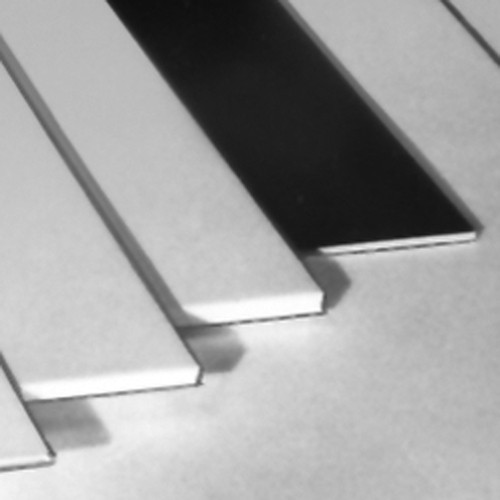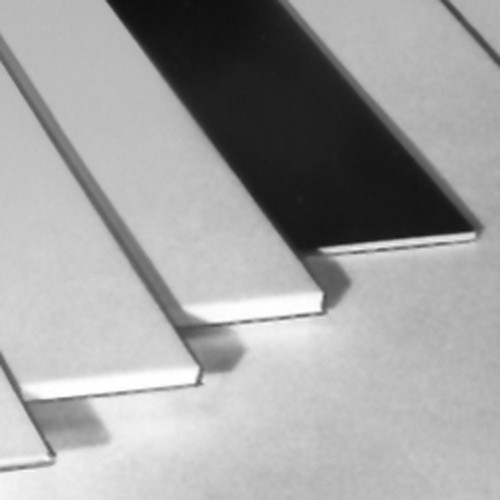Powdered metals can solidify into fine particles by sintering at temperatures below their melting point. The powder metallurgy makes extensive use thereof particularly for mass production of mechanical components for the mechanical and automotive engineering. Whereas in the case of such manufactured moulded components like clutch linings, plain bearings or bushes only low to no porosity is desirable, highly porous sintered metals provide excellent filter materials. The pore nominal diameters of such filters can be easily adjusted within defined limits by adding fine-particulate solids to the sinter, which volatilize during the sintering process without leaving any residues, thereby leaving fractal channel structures according to their particle size. Filters made of sintered metals are mechanically very stable and pressure-resistant. They are additionally distinguished by an exceptionally high thermal endurance and are resistant to all solvents and many chemicals. With these technical properties, which in this entirety are not reached by any other filter material, sintered metal filters clearly differ from all common filter materials in terms of their quality.
Sintered metal filters are particularly suitable for gas purification in a wide temperature range up to several hundred degrees and for high-pressure filtration of viscous media, as well as for clear and fine filtration of solutions. Semi-finished products made of sintered metal are then the alternative for the in-house production of filters for construction of filter systems especially in chemical and biotechnological experimental, pilot and process plants when available standard products are not suitable and the industrial production of sintered metal filter elements is not possible because of too low quantities. For this purpose, RCT Reichelt Chemietechnik offers a wide range of highly porous sintered plates based on low-carbon stainless steel 1.4404, whose total porosity is between 30 % and 45 % depending on the selected quality. The high-quality sintered plates for the filter technology with densities between 4.3 g/cm3 and 5.6 g/cm3are considerably lighter than the compact stainless steel they are based on.
The sintered chromium-nickel stainless steel is suitable for mechanical processing and can be welded. In addition, it is particularly resistant to intercrystalline corrosion thus ensuring long service life of the sintered metal filters even under extreme operating conditions. Sintered plates based on chromium-nickel steel for the filter technology of Reichelt Chemietechnik have graded pore nominal diameters between 3 μm and 80 μm and are available in material thicknesses between 3 mm and 10 mm and dimensions of 125 mm x 125 mm as well as 250 mm x 250 mm. The whole range of stainless steel sintered plates based on chromium-nickel steel is represented in detail in our handbook THOMAPOR (Filtration) on pages 29 and 30.


